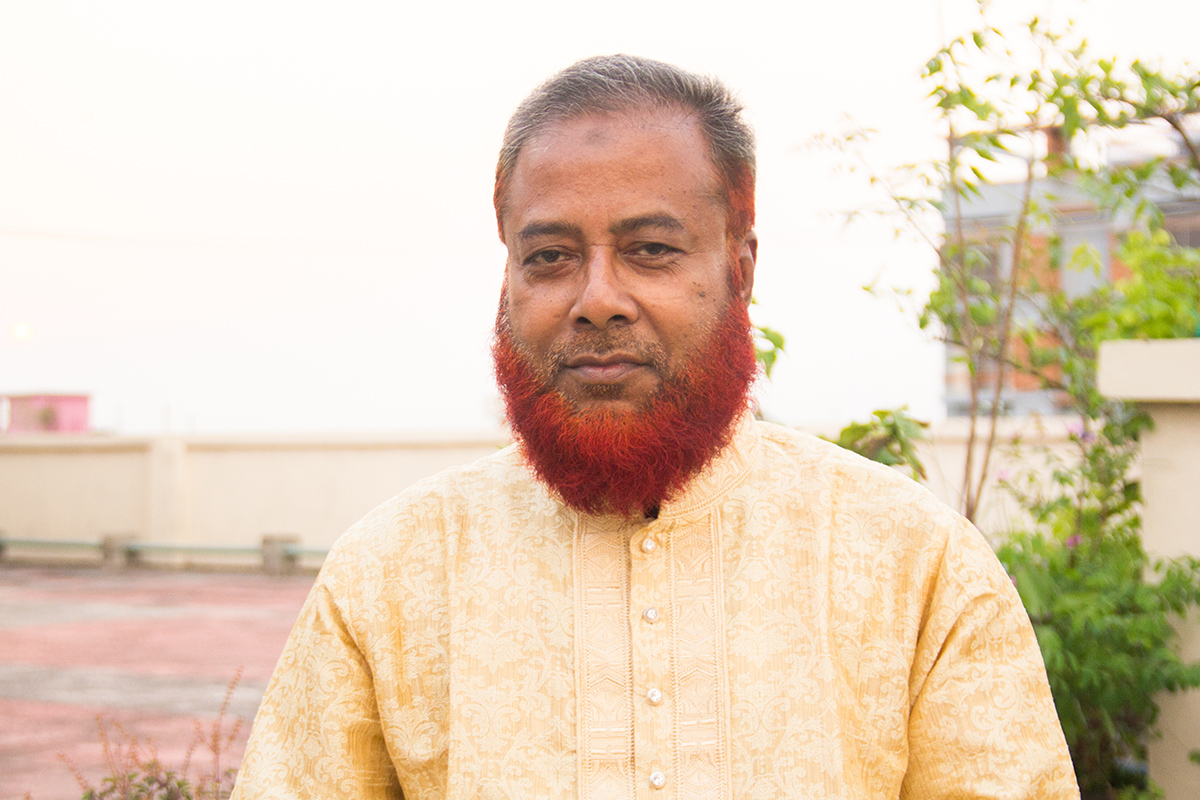
I am from Bangladesh, a mid-level marginal farmer involved since my early life in the agricultural profession, which I pursued side-by-side with my formal education because my father breathed his last when I was just 5 years old.
I struggled throughout my life with hardship and misery. I saw with my own eyes that our remotest rural village of Mymensing District was without roads and communications, without any means of irrigation and dependent instead on rainwater. There was no electrical power within 30 km, no medical treatments, no sufficient educational facilities, and as such this vast area was dark and uncivilized.
We experienced low productivity of crops, but high cost of production, with the burden of being unable to repay a loan from local mohajon (borrower) often causing a farmer and his entire family to commit suicide by drinking pesticides. Those unfortunate incidents took place regularly before our liberation war of 1971.
Then I saw the rapid change in the livelihoods of the poor farmers of our village as they adopted the technologies of high yielding varieties (HYV), fertilization, irrigation and using mechanical instruments in lieu of the old practice of plowing with a cow. Our new government took quick action and made decisions that achieved the goals of our brave farmers and their challenging careers. After fulfilling local demand we are now exporting foods like rice, paddy, fishes and vegetables to other countries, due to our adoption of scientific innovations.
I am excited to narrate that a few years ago our government took the initiative to cultivate genetically modified (GM) biotech varieties like Bt brinjal (eggplant), enlisting marginal farmers throughout the country with the joint collaboration of the Bangladesh Agricultural Research Institute (BARI) and Cornell Alliance for Science in the USA. More than 6,000 farmers are now cultivating pest-free GM Bt brinjal successfully and gracefully as they gear up their economic status from marginal to middle and rich class.
Local traditional varieties need pesticides at least twice in a week and the farmers always remain alert and tense, watching for the fruit and shoot borer insects that can wilt the brinjal plant within a short time. They had to hire spray machines and spray machine drivers and purchase costly pesticides. Moreover, pesticide spraying is a dangerous health hazardous and injurious for the poor farmers. But now Bt-brinjal can fight the shoot borer insects without the use of pesticides. Bt brinjal gives amazing effects to the brinjal farmers, who are spreading word of the positive results of GMO and biotechnology explorations.
Now Bangladesh is a country of advanced technologies. Many thanks.
Md. Ali Hossain is a recognized farmer, opinion leader, social worker and former government official with more than 45 years of farming experience in Bangladesh. He owns 10 acres of agricultural land and supervises farmers on another 100 acres of land in his area. He grows modern high-yielding rice varieties, fruits, vegetables and fisheries. He initiated modern irrigation system in his region and helped hundreds of farmers adopt advanced agricultural technologies and practice, including Integrated Pest Management (IPM).
